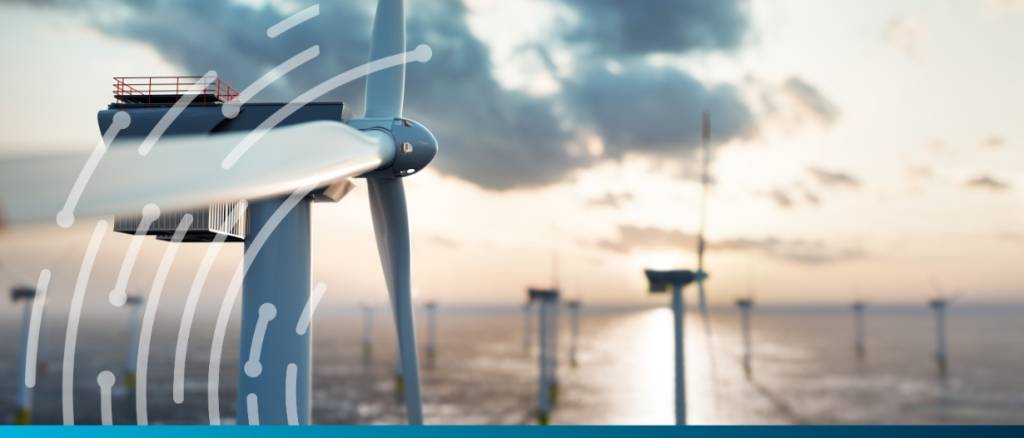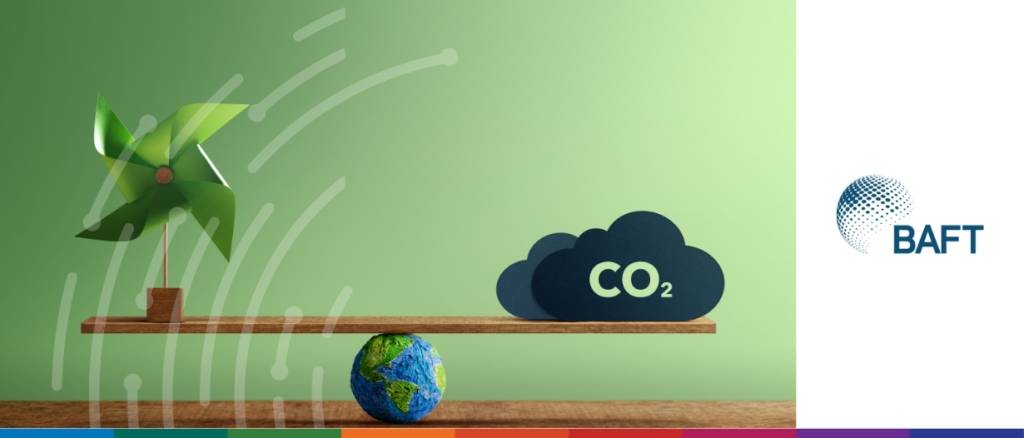TBTs are non-tariff barriers — such as standards, certifications, and conformity assessments — that are less well-known than tariffs but more impactful. In this context, the US tariff strategy should… read more →
The transaction, completed on Tuesday, used a digital bill of exchange alongside supporting documents powered by blockchain verification technology from Swedish fintech Enigio, and executed through an interoperable digital channel… read more →
As these nations grapple with mounting climate impacts, their banking sectors face a critical juncture. There are two options: drive the transition to a green economy or risk being overwhelmed… read more →
The Paris-based organisation warned that mounting protectionism could disrupt the pace of the global energy transition, as companies adopt a “wait and see” approach to significant new investments dependent on… read more →
Mikael Björknert, the Swedish banker who became chief executive of Privatbank in January, told Trade Finance Global (TFG) that Ukraine’s economy was performing better than many expected, with GDP growth… read more →
BP is expected to announce on 26 February that it will scale back its renewable energy commitments and increase fossil fuel production
The Emerging Africa & Asia Infrastructure Fund (EAAIF) announced a $40 million investment to support 2.3 GW of renewable energy projects in Egypt, including the Suez Wind Project and Benban and Wahat solar PV plants.
Denmark’s export credit agency, EIFO, has joined a consortium of international financial institutions to support Ørsted’s latest offshore wind development in Taiwan: the Greater Changhua 4 project, with a generating capacity of 583 megawatts.
The evolution of sustainability standards and regulations is therefore interesting to observe, particularly as the trajectory has not been traditional. Some may say climate change is a crisis, but as it’s been an ongoing process, it’s hard to identify a single date or event as a turning point.
The Joint Declaration on Baku Climate Coalition for SMEs Green Transition should help small businesses fully engage in the shift to sustainable business models ahead of COP30 in Brazil next… read more →
























